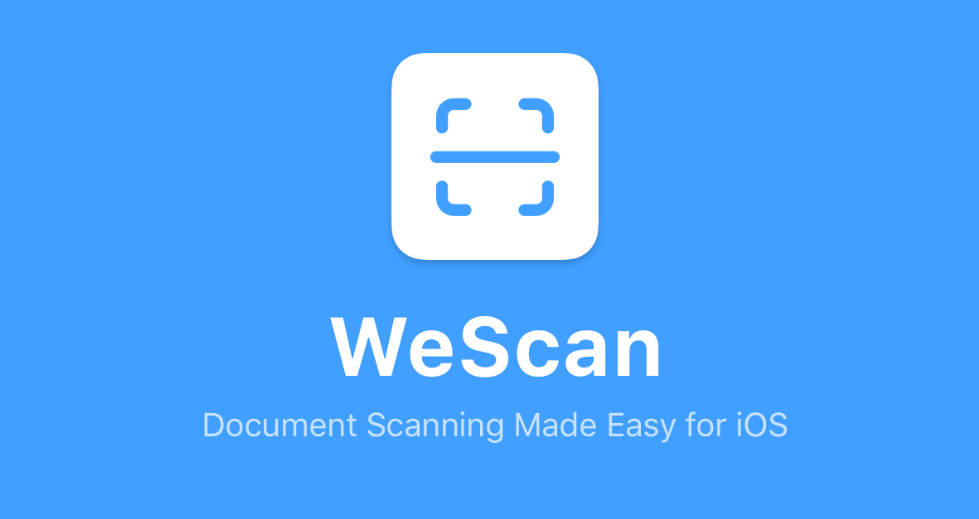

USER DEFAULTS SWIFT 3 EXAMPLE HOW TO
# Valid values: logRetentionInDays: 14 # Policy defining how to monitor and mask sensitive data in CloudWatch logs # Policy format: logDataProtectionPolicy: Name: data-protection-policy # KMS key ARN to use for encryption for all functions kmsKeyArn: arn:aws:kms:us-east-1:XXXXXX:key/some-hash # Version of hashing algorithm used by Serverless Framework for function packaging lambdaHashingVersion: 20201221 # Use function versioning (enabled by default) versionFunctions: false # Processor architecture: 'x86_64' or 'arm64' via Graviton2 (default: x86_64) architecture: x86_64 Deployment bucket # Can be overridden for each function separately inside the functions block, see below on page. For 'manual', see example in hello function below (syntax for both is identical # Default memory size for functions (default: 1024MB) memorySize: 512 # Default timeout for functions (default: 6 seconds) # Note: API Gateway has a maximum timeout of 30 seconds timeout: 10 # Function environment variables environment: APP_ENV_VARIABLE: FOOBAR # Duration for CloudWatch log retention (default: forever). AWS default is auto this can either be 'auto' or 'onFunctionUpdate'. Some function settings can be defined for all functions inside the provider key: # serverless.yml provider: runtime: nodejs14.x runtimeManagement: auto # optional, set how Lambda controls all functions runtime. apiGateway: true # Optional, can be true (true equals 'Active'), 'Active' or 'PassThrough' lambda: true General function settings disableRollback: true rollbackConfiguration: MonitoringTimeInMinutes: 20 RollbackTriggers: - Arn: arn:aws:cloudwatch:us-east-1:000000000000:alarm:health Type: AWS::CloudWatch::Alarm - Arn: arn:aws:cloudwatch:us-east-1:000000000000:alarm:latency Type: AWS::CloudWatch::Alarm tracing: # Can only be true if API Gateway is inside a stack. To be used for non-production environments. notificationArns: - 'arn:aws:sns:us-east-1:XXXXXX:mytopic' stackParameters: - ParameterKey: 'Keyname' ParameterValue: 'Value' # Disable automatic rollback by CloudFormation on failure. # serverless.yml # Stage parameters params: # Values for the "prod" stage prod: my-parameter: foo # Values for the "dev" stage dev: my-parameter: bar Provider General settings # serverless.yml provider: name: aws # Default stage (default: dev) stage: dev # Default region (default: us-east-1) region: us-east-1 # The AWS profile to use to deploy (default: "default" profile) profile: production # Use a custom name for the CloudFormation stack stackName: custom-stack-name # Optional CloudFormation tags to apply to APIs and functions tags: foo: bar baz: qux # Optional CloudFormation tags to apply to the stack stackTags: key: value # Method used for CloudFormation deployments: 'changesets' or 'direct' (default: changesets) # See deploymentMethod: direct # List of existing Amazon SNS topics in the same region where notifications about stack events are sent. Learn more about stage parameters in the Parameters documentation.
USER DEFAULTS SWIFT 3 EXAMPLE CODE
env files (default: false) # See useDotenv: true # 'warn' reports deprecations on the go, 'error' will result with an exception being thrown on first approached deprecation deprecationNotificationMode: warn:summary # Disable deprecations by their codes (default: empty) # See disabledDeprecations: - DEP_CODE_1 # Deprecation code to disable - '*' # Disable all deprecation messages Parameters Root properties # serverless.yml # Service name service: myservice # Framework version constraint (semver constraint): '3', '^2.33' frameworkVersion: '3' # Configuration validation: 'error' (fatal error), 'warn' (logged to the output) or 'off' (default: warn) # See configValidationMode: error # Load environment variables from. The mutability of value types lets you specifically choose what variables can be modified or not.Here is a list of all available properties in serverless.yml when the provider is set to aws. They’re also useful when you want to create a shared, mutable state.Īs a general rule, start by creating your instance as an enum, then move to a struct if you need more customization, and finally move to class when needed. = checks if two objects share the same memory address. Use a reference type when comparing instance identity with = makes sense. You can find more info about closures in Swift's docs. Let’s experiment with structs and prove that they’re value types:Īdd the following code to your playground: // 1 struct Car

There are a few different value types: struct, enum, and tuple. Value Types vs Reference Types Value TypesĪ value type instance is an independent instance and holds its data in its own memory allocation. You'll use it to experiment with the code in this tutorial.


 0 kommentar(er)
0 kommentar(er)
